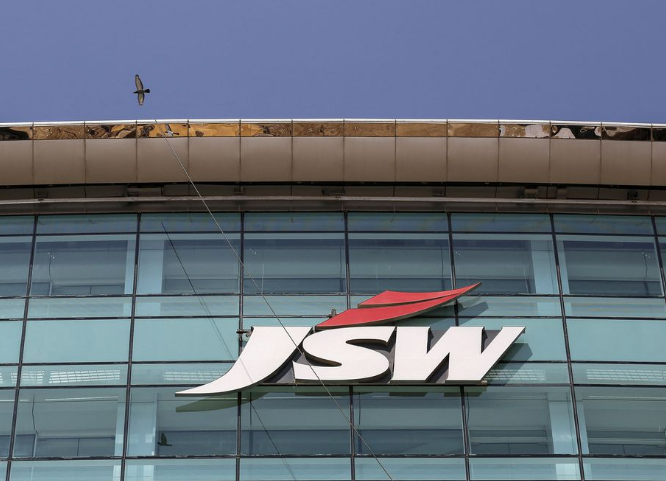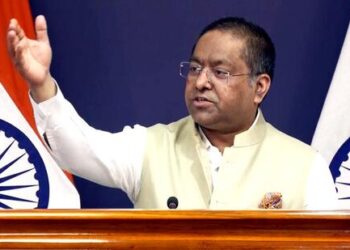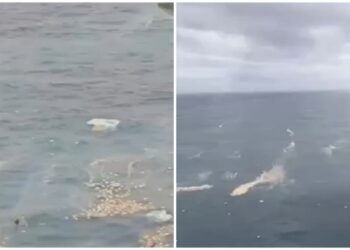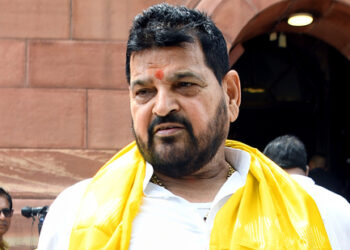Indian conglomerate JSW, with interests spanning steel to energy, is reportedly engaged in preliminary discussions with South Korea’s LG Energy Solution (LGES) about the possibility of jointly manufacturing batteries in India. This move aligns with JSW’s ongoing efforts to establish local electric vehicle (EV) production facilities.
According to inside sources, senior executives from JSW held discussions with LGES counterparts in South Korea earlier this month. In these conversations, JSW proposed a collaboration aimed at manufacturing battery cells within India, specifically for EVs and energy storage applications. Both JSW and LGES have refrained from commenting on these discussions.
In addition to talks with LGES, JSW is said to be exploring conversations with other battery manufacturers, including China’s Contemporary Amperex Technology Co. Ltd. (CATL) Japan’s Panasonic Corporation and Toshiba Corporation. These discussions are part of JSW’s broader strategy to establish a domestic supply chain for EVs, covering components such as batteries, motors, and battery management systems.
A source familiar with JSW’s EV plans stated, “Due diligence-wise, JSW is talking to a lot of people because it needs an ecosystem for an EV. It is looking at storage, motors, battery management.”
LGES, recognized for supplying battery cells to prominent automakers such as Tesla and General Motors, has reportedly requested JSW to share details of its requirements for EVs and energy storage.
Another source briefed on JSW’s EV aspirations, revealed the company’s intention to establish a battery production facility with a capacity of 20 gigawatt-hours (GWh) in phases by the end of this decade, commencing with 8 GWh in the initial phase.
JSW’s Chairman, Sajjan Jindal, has previously expressed a keen interest in venturing into EV manufacturing. Discussions with China’s MG Motor regarding a stake acquisition are currently on hold, while JSW is in negotiations with Chinese automaker Leapmotor to license the technology for EV production under its brand in India.
Both Panasonic and Toshiba have refrained from providing official comments on potential partnerships with JSW for battery cell production. CATL did not respond to a request for comment.
Given that discussions are ongoing and no final decisions have been reached, all three sources requested anonymity.
India’s EV market, although relatively small, is experiencing growth, with Tata Motors leading the sales. In 2022, electric vehicles constituted less than 2% of total car sales. The Indian government, led by Prime Minister Narendra Modi, has set ambitious targets, aiming to raise the EV market share to 30% by 2030. To support this goal, the government is offering significant incentives to companies for local battery and EV component production.
Tesla is also exploring opportunities in the Indian market and is in discussions with the government regarding EV and battery manufacturing within the country.
These developments with LGES coincide with the Korean company’s broader ambitions to expand its presence in India, particularly in the automotive, mobility, and energy storage sectors. Earlier this year, LGES established an office in New Delhi to further its initiatives in these areas, according to a government filing.
Furthermore, LGES already supplies imported battery cells to India’s top two electric scooter manufacturers, Ola Electric (backed by SoftBank Group) and TVS Motor. The company is reportedly engaged in discussions with additional firms in India.
As JSW continues to explore partnerships and develop its EV ecosystem, the Indian EV landscape is poised for potential transformation and growth.








 India
India












